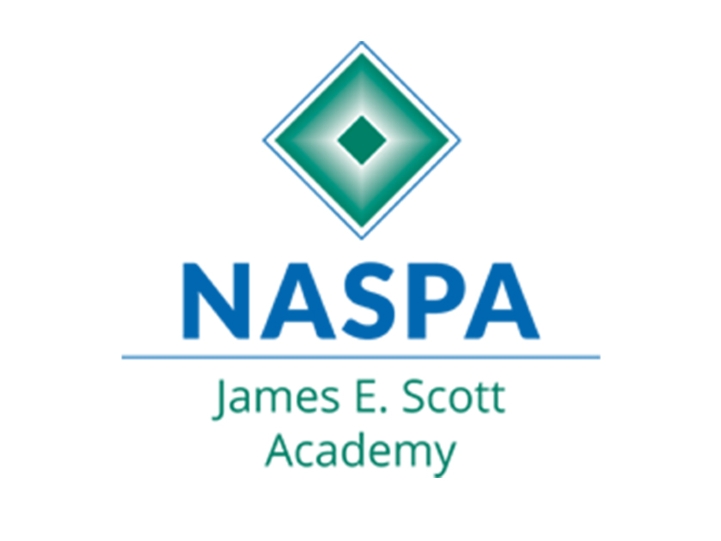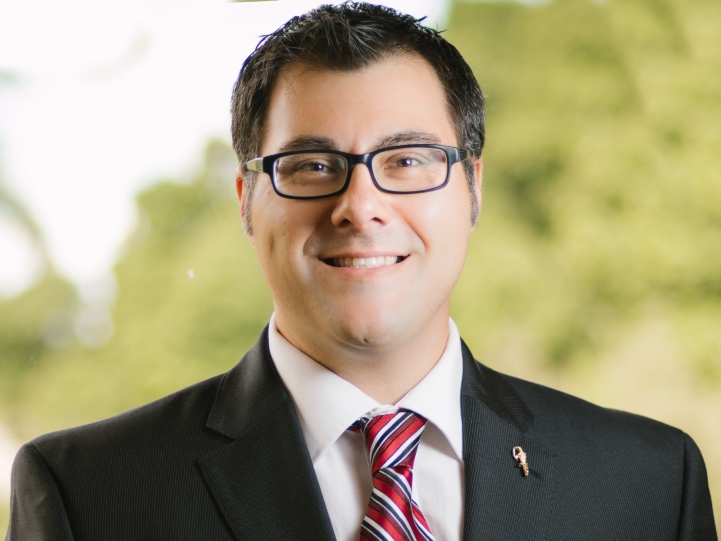
A Slide in Maturity, a Disregard for Others, or Something Else? A Case for Social-Emotional Learning
Health, Safety, and Well-being Student Success Supporting the Profession AVP or "Number Two" Senior Level VP for Student Affairs
March 5, 2024
As early as I can remember, the importance of kindness, empathy, and positive relationships were central messages at school and home. They are foundations from which to build the emotional intelligence and skills necessary to interact with the world in a meaningful way. As I progressed into adulthood, the skills associated with managing emotions and navigating circumstances to promote positive outcomes compounded through experiences, relationships, and mentors who helped refine that foundation. Eventually, I became a parent and established the same foundation with my children. As a parent, the process of teaching tiny humans these critical skills led me to consider how we could evolve with our college-aged students and better meet their needs in this area in a more intentional and focused manner within the context of higher education. The societal influences on our student’s social-emotional maturity have thrust our campuses into a position where we must assess, provide experiences to refine, and affirm these skills so that our campuses and students are equipped for the diverse communities they will interact with.
Social-emotional learning (SEL) is often regarded as an element of K-12 education. Undoubtedly, the frameworks are appropriately situated in this environment and hopefully reiterated and reinforced at home. However, the challenges many of the students on our campuses experienced due to the COVID-19 pandemic, increased reliance on technology, and shifting societal values eventually arrived to our campuses. A recent blog by Maureen Chapman and James Simons on insidehighered.com (August 22, 2023) discussed this topic and outlined the benefits of focusing on this development among college populations. As articulated by the authors, several strategies may be implemented on our campuses that effectively refine social-emotional learning, explicitly using reflection and sharing activities in the classroom setting. These approaches are instinctively appropriate and useful; however, concern exists about a more basic level of ability or understanding that would preclude deeper-level processing.
Recently, my team was expressing concern and frustration related to attitudes, approaches, and understanding some of their students were demonstrating when interacting within the campus community. The initial reaction was to assume that students were increasingly comfortable with uncivil responses to things that may create stress, anxiety, or be misaligned with one’s own beliefs; however, it led to a discussion regarding individual understanding and ability to be resilient, articulate thoughts effectively, and engage with others with empathy and respect. Rooted in our behavior observations, increasing attention has been given to students presenting the greatest need for support in this area. To create pathways for all students to manage the broad scope of influences on anxiety, we have focused on a few essential items to promote discussion and growth.
Individualized Approach
Focus on the student’s strengths: Whether using an assessment tool or not, helping a student recognize the skills, approaches, or attitudes that work best for them can further the process of self-exploration. As students begin to question, consider, and identify who they are as adults, viewing their potential through a lens of strength may enhance confidence and resilience in various contexts, including interpersonal relationships and personal goals.
Engage in intentional dialogue: Interacting with students and meeting them where they exist developmentally is paramount to a developmental framework. The intentionality of dialogue between educators and students promotes an understanding of context and promotes an empathetic understanding of global perspectives and the world in which we live. Avoiding generalization during this interaction requires us to be active listeners and guides on the developmental journey through open-ended questions that spark curiosity and reflection.
Community Approach
Refine co-curricular programming: The classroom is a stable, structured environment to support the continued refinement of students’ social-emotional growth. However, the variety of experiences students engage with outside the classroom may offer greater depth to explore and build upon. Using co-curricular programming, training, interactions, and experiences and focusing on learning objectives for key offerings may better position student affairs professionals to ensure meaningful outcomes related to skill and understanding of managing emotions and the impact one has in a community setting.
Establish appropriate residential communities: Residential communities can be viewed as a co-curricular classroom, which may allow us to lean into the items mentioned above for these specific populations. Given the proximity, the opportunity to focus on social-emotional development in this environment is ripe for exploration and implementation. Through peer-to-peer experiences and relationships, students may further their empathetic understanding of community and individuals' diverse perspectives. Resident Assistants may be best positioned to lead a measured approach to implementing an increased focus on social-emotional development on our campuses.
Overall, much of our work outside of the classroom aligns with the elements of SEL in various ways. Applying a holistic approach to bridging the gap between high school and higher education may help students mature appropriately and with adequate support to maximize their experience and learning on our campuses.
Reference
Chapman, M. & Simons, J. (2023, August 22). College Students Neel SEL, Too. https://www.insidehighered.com/opinion/blogs/rethinking-research/2023/08/22/college-students-need-social-emotional-learning-too.

Anthony Altieri serves as the the vice president for student affairs at Lynn University (FL). With over 20 years of experience in student affairs, he focuses on creating strategic pathways for excellence and optimized learning in his organization. Anthony currently serves on the NASPA James E. Scott Academy Board. He may be contacted at aaltieri@lynn.edu.